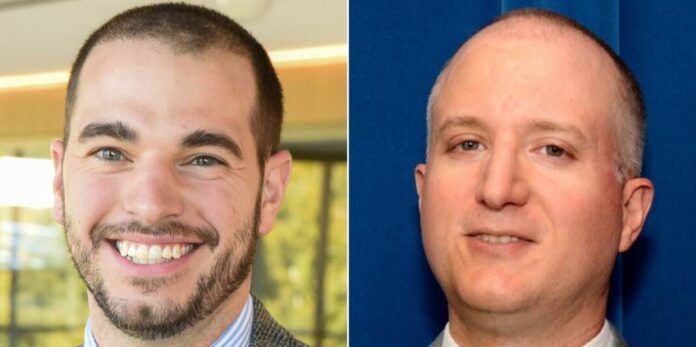Moving is hard enough, but right now Ohio makes it even more difficult for licensed professionals. Senate Bill 131 is a game changer.
Nobody enjoys moving. It’s expensive, it’s a hassle, and it throws you off your routine. But if you need a license to work in your field, moving is more costly.
Licenses are required by states, so when you move across the border from Pennsylvania to Ohio, you have to reapply for a license in Ohio. This may not sound all that bad, but the application process takes time and money — often months. And too often in Ohio, education and training isn’t accepted, forcing new residents to redo it, costing them hundreds or even thousands of dollars. That means after the added expense of a move, a licensed professional has to spend months without income. This isn’t easy for anyone.
In fact, research shows that licensing prevents people from moving. Licensed professionals are 7 percent less likely to move to a new state because of the bureaucratic hurdles.
Some states may be able to handle this extra cost, but not Ohio. Ohio is in the top 10 states for the most outbound migration. Coupled with high unemployment, this contributes to Ohio’s poor economic performance. The brain drain doesn’t just hurt the economy, it makes our communities worse and encourages more young people to leave.
If it continues to advance, SB 131 would make licensing boards in Ohio in most instances honor licenses granted by other states, making it easier for skilled workers to move to the state. And people would not have to roll the dice and buy or rent a house in Ohio before their license is honored.
Eighteen states have passed universal recognition in the past few years. Arizona, in particular, was able to attract more licensed workers after removing these unnecessary barriers. Other research estimated that on average border counties miss out on about 30 residents and $1.72 million in adjusted gross income because of the barriers to entry for licensed professionals.
Are there downsides from universal recognition? What if the new workers are not properly trained?
Luckily, this is not an issue with universal recognition. New workers must be licensed in their home state for at least two years and be in good standing. Other states that have passed universal recognition have no issues with fly-by-night professionals sneaking through, because these laws are designed to prevent that. Instead of removing licensing laws, universal recognition trusts other states but verifies that they are doing their job.
With a weak labor market and shrinking population, the Ohio General Assembly is moving forward with licensing reform. Coupling this reform with the biannual review of licensing that is also implementing important reforms, Ohio could emerge as a national leader.
Universal recognition isn’t a silver bullet that will solve every problem, but it will make moving to the Buckeye State that much easier. Ohio needs to welcome new skilled professionals to their state, and universal recognition is an important step to do just that.
Conor Norris is the assistant director and Edward Timmons is director at the Knee Center for the Study of Occupational Regulation at West Virginia University. Timmons is also a senior research fellow with the Archbridge Institute. Their column does not necessarily reflect the opinion of The Lima News editorial board or AIM Media, owner of The Lima News.







